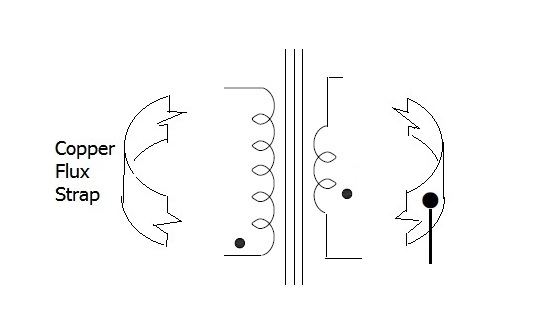In the last post, I wrote that a friend had sent me a job ad “not because it was an interesting job, but because it was amusing.” This friend of mine is a “grass is brown on both sides of the fence” sort of guy. He characterized the ad like this:
“Greedy entrepreneur with no management skills embarking on a start-up venture, in a field he has little knowledge of, seeks a high-calibre Professional Engineer with experience in all facets of business management, project management, systems engineering, electronics design, CAD design, embedded firmware engineering, computer high-level application software development, electronics prototype testing and debugging, components procurement, verification testing, etc, willing to work long hours under pressure of unrealistic short-term delivery schedule, for a salary commensurate with a recent graduate or technician.”
Maybe he was right, but it is not necessarily mischief (implied by his words “Greedy entrepreneur”) that can lead an advertiser to grief. Maybe sometimes, he is genuinely out of his depth.
Yesterday another job ad came to my attention. I couldn’t help reading between the lines. Here is how the ad started out:

I have removed the identity of the advertiser. There are some interesting points to note here. The first is the use of the word “Graduate”. This is a perfectly fine word with a well understood meaning. It means that someone is required who has little experience, and little pretensions for being high up in the peck order. It also means, of course, that this job will be near the bottom of the pay range.
The ad goes on:

We see that this person (who is a junior (“graduate”)) is to work in the “Engineering Division”, and yet reports to the State Manager. Where are all the other people in the “Engineering division” in the hierarchy? It looks to me as if this “Engineering Division” is to be a one man show. Where is the graduate to turn to for engineering mentorship? To the State Manager, we have to suppose. How qualified he might be for this is something we will have to judge as we take in more of the ad.
The ad has a block of “motherhood statements”. I suppose that they have to be put in, but they don’t help much.

Is this person to be a completely raw graduate? Well, no. The ad does state that they want a person with one to two years experience. How should the person have filled in the last one to two years? The ad gives us a clue.

What is an applicant for this job who claims to have the required (or even most of) the required experience in the last one to two years? Superman? No. A bullshitter.
This is absolutely impossible. The ad writer betrays a complete lack of understanding of what an engineer does, and how long it would take to gain that experience. I do hope that the ad is not written by or approved by the State Manager, for, if so, he will be completely incapable of providing this graduate with the necessary engineering mentorship.
Yet, I do not see evidence of a “Greedy entrepreneur” here. I fear that the advertiser is just out of his depth if he has aspirations of having an “Engineering Division” under his control.
I am glad I am not a candidate, and are consequently not in danger of being the successful candidate. I am glad I am not that State Manager as well. He will be saddened by the experience he has laid out for himself.
This ad is not amusing, but it certainly leaves one thinking.
I fear it will all end in tears.
Post Scriptum.
The name of this post? My friend (the one who chose the term “Greedy entrepreneur”) also took a different slant on this ad. He wrote “Richard, Have a look at the date on the ad. I think you might have your answer.”

 My way of depicting a Flux Strap on the schematic symbol
My way of depicting a Flux Strap on the schematic symbol
